For what purpose did the ancient Greeks imitate muscles and abs on their cuirasses? (6 photos)
If you look at ancient statues of ancient Greek heroes, gods and warriors, you will notice that very often they depict men in ideal (muscular) physical shape. 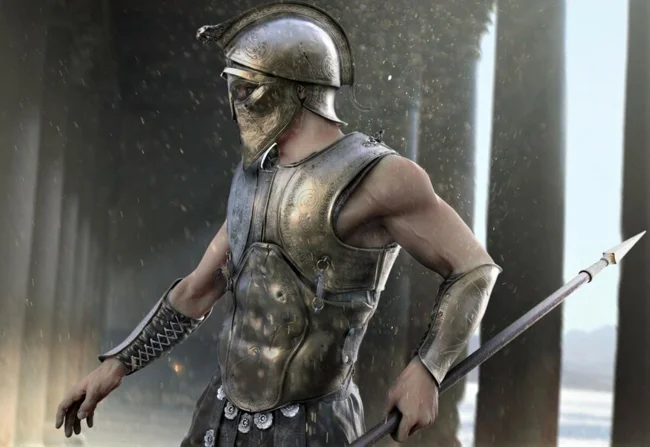
The absolute ideal of the Greek soldier was a hoplite - a heavily armed foot warrior armed with a large round shield, a xiphos (short sword), a long spear, bracers, greaves, a Corinthian helmet and a hippothorax (an anatomical cuirass with deep relief, most realistically imitating the shape of a male muscular body).
Just look at the real Greek hoplite kit that has survived to this day: gelothorax, greaves and helmet (pictured below). 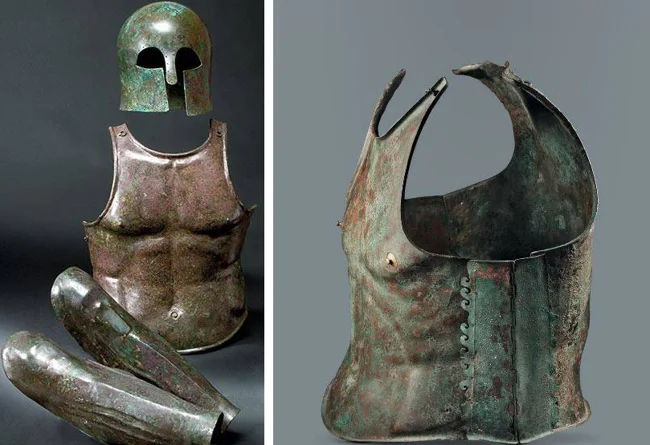
This set of armor is over 2000 years old, today it is kept in a museum, but you can still see on the cuirass the clear outlines of a male athletic physique, nipples and well-defined abs.
But have you ever wondered why Greek warriors imitated muscles on their cuirass? What was the point?
The ancient Greeks designed their "muscular" armor to match their "heroic nakedness" 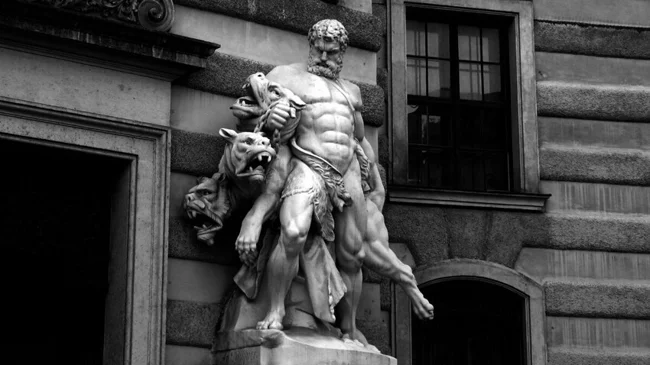
Statue of Hercules and Cerberus
Heroic nudity is a scholastic term that presupposes the depiction of an ideal naked body as an allegory of a complex of higher human qualities, comparing the person depicted with the heroes and gods of antiquity. For the Greeks of the Dark Ages and later, heroes were men of the distant past who had god-like characteristics and the gods themselves whom they could become like.
The greatest of all the heroes of Greece was Hercules. Its story is told by at least six famous Roman and Greek poets, including Ovid, Euripides and Sophocles. In the story of the poet Apollo, the Theban prophet Tiresias says: “Hercules will always be the main hero of all mankind.”
For the Greeks, Hercules embodied everything they valued most, namely courage, physical strength and confidence. According to myths, only two things could defeat Hercules: supernatural forces and his own guilt.
That is why the greatest heroes of Ancient Greece considered themselves descendants of Hercules himself. For example, the greatest commander in history, Alexander the Great, on his father’s side, considered himself a descendant of Hercules himself, and people sincerely believed in this.
Having a physically fit body was extremely important to the Greeks, and physical training was necessary to improve appearance, prepare for war, and maintain good health in old age.
Above the entrance to a small palaestra - a gymnastic wrestling school - in Ancient Greece there was a short phrase: undress or retreat. 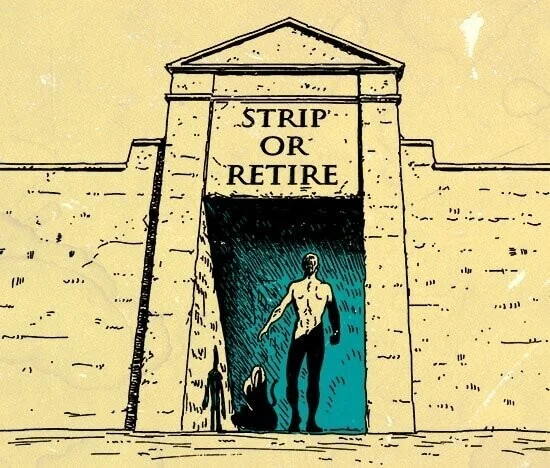
At the age of 12, ancient Greek boys began their training in gymnasiums, simple square areas for physical exercise, derived from the ancient Greek word "gumnos", meaning "naked".
Entrance to the gymnasium was only possible for men, and they could only train and compete naked.
Ancient Greek philosophers were sure that this practice, from childhood, taught future men to have an aesthetic perception of the muscular male body, which was also a tribute to the gods.
Pride in one's athletic body separated the elite from the commoners, men from women, and Greeks from foreigners. Simply put, “visualized physical prowess in real life was an important focus of elite male Greek identity,” writes Jill Burke in The Nude of the Italian Renaissance.
So why did the Greeks imitate muscles on their armor? 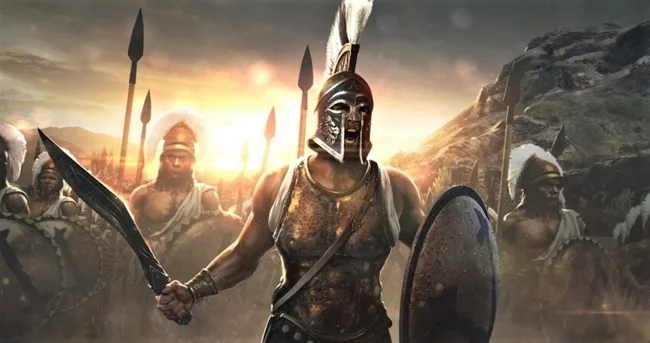
The ancient historian Thucydides mentions that the cuirass of a bronze hoplite in battle is inseparable from himself. In other words, at the time of battle, the armor of a Greek warrior is his real body, and his spear or sword is an extension of his arm. Something similar can be found in many works of Spartan poets, like Alcman and Tyrtaeus.
It was important to the Greeks what impression their warriors could make on their enemies - they were dressed not just in bronze, muscular cuirasses. In fact, from the outside it seemed that the hoplites themselves were made of bronze and thereby intimidated their enemies.
But of course, all this terrifying and very impressive armor was not available to all soldiers. On the battlefield you could shine, reminiscent of the Greek gods and heroes, only if you had money.
At the end of the 6th century BC. e. In Athens, a law was passed according to which soldiers on Salamis had to provide themselves with armor worth 30 drachmas. This amount was equal to the monthly income of an artisan at that time. At the same time, expensive weapons were usually passed down from father to son.
Simply put, such armor was exclusively for wealthy or skilled warriors (who received sponsorship from their general or ruler for outstanding athletic achievements or skillful use of weapons). All other and ordinary soldiers on the battlefield wore linen tunics, armed with spears, helmets and a shield.
One ancient historian writes about a general who armed his troops with only one cuirass for every 10 soldiers. This is confirmed by archaeological evidence that modern scientists find during excavations where ancient battles took place. “There are about 10 times more helmets found during excavations than cuirass,” says historian Van Wees.
Later, Ancient Rome had its own versions of muscular cuirasses, which were also part of the “uniform” of high-ranking Roman officers in the Republican and most of the Principate era. 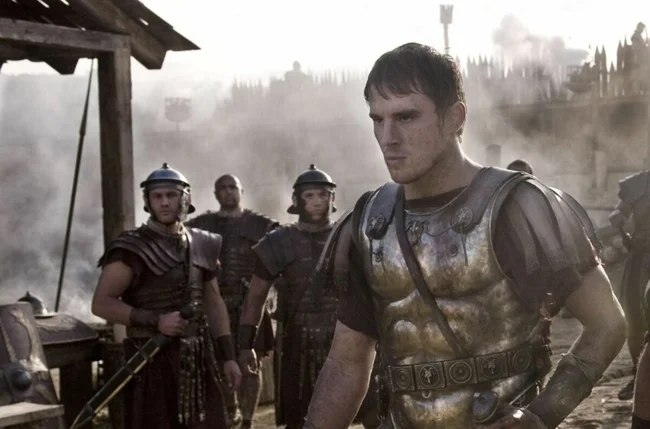
So, as you might imagine, the ancient Greeks' muscular cuirasses existed for an inspiring element - they were intended to prepare both the soldier and his enemy for an epic battle, and the soldier himself was made to believe that on the battlefield he was one with his armor. and in his valor he is equal to the heroes of the past and the mighty gods.
